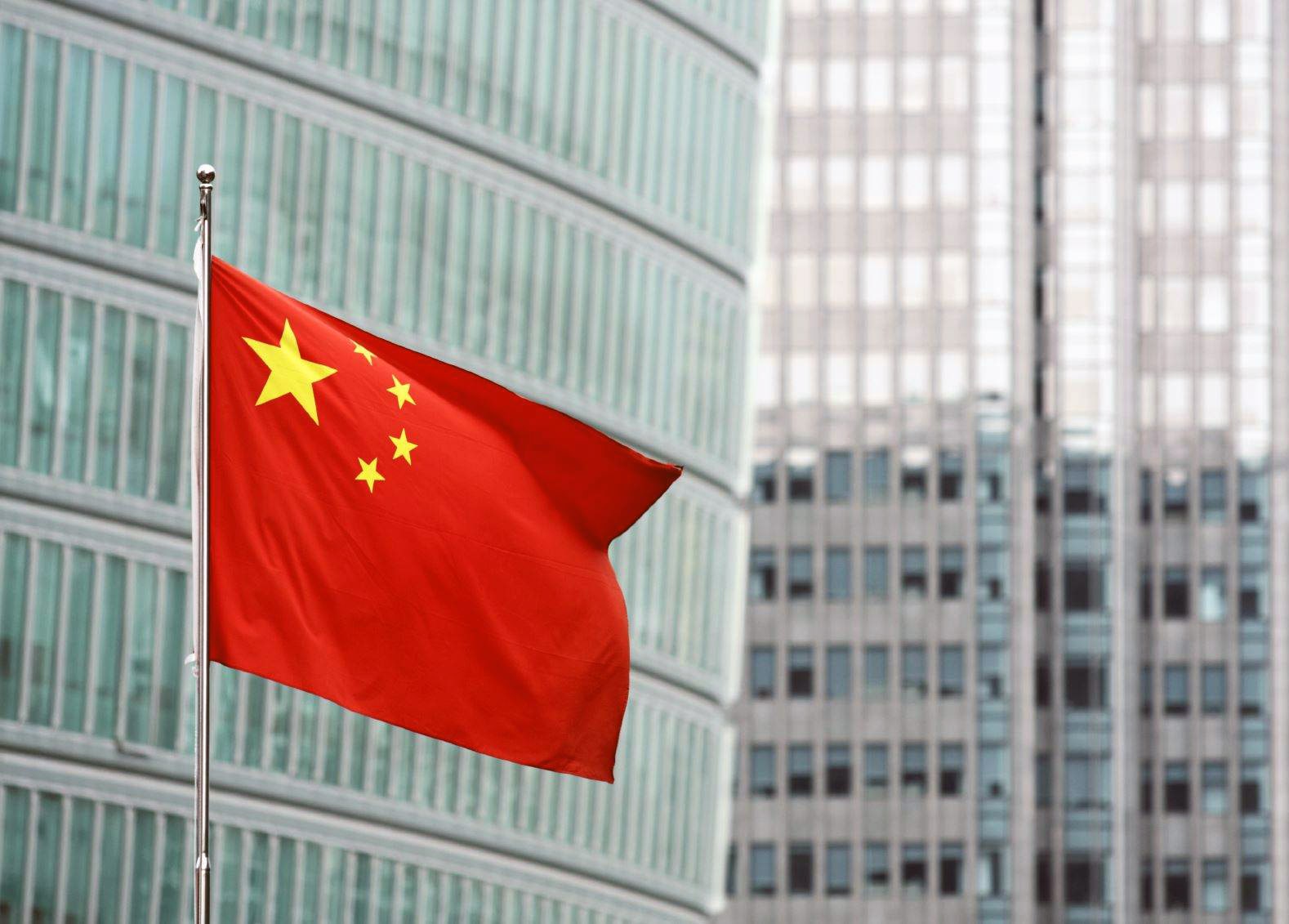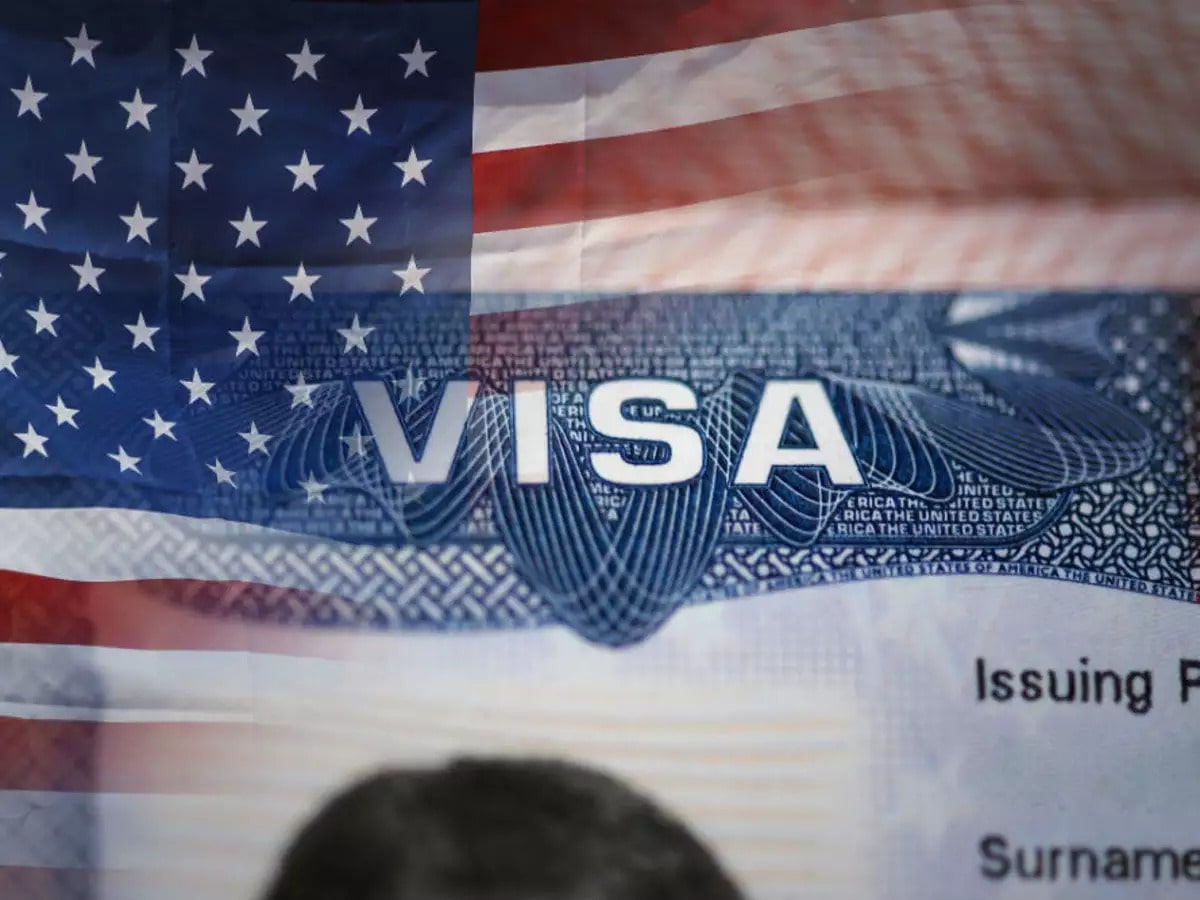All you need to know about Chinese Business Visa (Type M)

The Type M Visa to China is crafted to facilitate international commercial activities, trade fairs, investigations, and similar business-related engagements.
Navigating the labyrinth of visa regulations can be a challenge, especially when it comes to compliance with specific rules and expectations. Lack of awareness can lead to unintentional violations, delayed applications, or even rejections. Therefore, understanding the essential restrictions and requirements of the Type M visa is not merely advantageous; it’s crucial for a successful application process.
Whether you’re a seasoned international trader or venturing into Chinese markets for the first time, this comprehensive guide will serve as an invaluable resource, ensuring that your journey through the application process is smooth and successful.
Who Can Apply for the Type M Business Visa to China?
The Chinese Business Visa is tailored to meet the needs of various professionals engaged in trade and commercial activities. The typical beneficiaries of this visa include:
- International Traders: Individuals or entities involved in buying and selling goods across borders.
- Businesspersons: Entrepreneurs seeking business opportunities, partnerships, or market exploration in China.
- Exhibitors and Participants in Trade Fairs: Those attending or displaying products in exhibitions, trade fairs, and conventions.
- Commercial Investigators: Professionals conducting market research, supplier evaluations, or quality checks.
These categories broadly define the target audience, but the scope may extend to other commercial activities aligned with the visa’s purpose.
Activities Allowed Under the Type M Visa
The Business visa serves as a legal endorsement for specific commercial and trade-related activities. Understanding what is allowed (and what is not) is vital to ensure compliance. The following activities fall under the purview of the Type M Chinese visa:
- Attending Trade Shows and Exhibitions: Participation in, or organization of, trade shows, exhibitions, or similar commercial events.
- Conducting Business Meetings and Negotiations: Engaging in discussions, negotiations, or collaborations with Chinese business partners.
- Exploring Business Opportunities: Assessing potential markets, suppliers, or investment prospects.
- Inspecting Goods and Quality Control: Visiting manufacturing sites, inspecting goods, and overseeing quality control processes.
A Brief Comparison with Other Chinese Visa Types
It’s essential to recognize the distinctive nature of the Type M visa in comparison to other Chinese visa categories:
Tourist Visa (Type L): For leisure travel, not suitable for conducting business activities.
Work Visa (Type Z): For employment in China, requiring additional permissions and a different set of documents.
Student Visa (Type X): Designed for educational purposes, excluding commercial engagements.
Requirements for the Chinese Business Visa Type M from the UAE
Understanding the Chinese Business Visa requirements is a crucial step in the application process.A well-prepared application ensures a smoother review process and minimizes the chances of delays or rejections.
Documents to apply for a Chinese Business Visa in Dubai:
- Valid Passport: Your passport must be valid for at least 6 months beyond your planned date of entry into China and have at least 4 blank pages. If you have multiple nationalities, please provide all the passports you have.
- Photocopies: Passport copy, previous Chinese visas if applicable, UAE Residence visa, UAE ID. If a UAE residence permit is issued by Abu Dhabi, you need to provide a tenancy contract showing that you are staying in Dubai or Northern Emirates.
- Completed Visa Application Form V.2013
- Invitation Letter from a Chinese Business or Trade Partner: It must include details about the applicant, the purpose of the visit, planned duration, places to visit, relationship to the inviting entity, financial arrangements, and information about the inviter, such as name, contact details, and official stamp.
- Personal Statement or Detailed Travel Itinerary: Outline of the purpose of the trip, travel dates, destinations, accommodation, and other relevant details.
- Bank Statements: Evidence of sufficient funds to cover all expenses during the stay.
- Trade licence of your or your Chinese partner’s company.
- NOC letter from the UAE sponsor or your company.
- 2 Passport-Sized Photographs on white background.
Keep in mind that requirements may vary depending on the specific consulate or embassy. Consulting with a visa expert, such as The Visa Services, may further simplify the process, tailoring your application to meet the precise criteria for the Type M visa.
Key Restrictions of the Business Visa to China
While the Chinese Visitor Visa (Type M) opens doors to an array of commercial opportunities, it also comes with specific restrictions and limitations that must be adhered to. Understanding these constraints is vital to avoid inadvertent violations that could result in penalties or jeopardize future visa applications.
Activities Not Permitted Under This Visa Category:
- Employment: Working for a Chinese employer without the proper work visa (Type Z).
- Study: Enrolling in an educational institution without a student visa (Type X).
- Permanent Residency: Applying for or seeking permanent residency without following the specific legal pathway.
Duration of Stay in China on Business Visa M
Stay Period: The M visa to China typically grants a stay of 30 to 90 days, depending on the specific issuance. It can be given for single or multiple entries.
Extensions: While extensions may be possible, they are subject to approval by the local Exit and Entry Administration Bureau. It is not advisable to rely on extensions, and any need for prolonged stays should be communicated at the initial application stage.
Step-by-Step Application Process for the Chinese Business Visa in Dubai:
Prepare the Necessary Documentation
Submit the Application Online
Receive an Appointment Confirmation
Visit the Visa Application Center with all the Documents
Track Your Visa Status
Receive Your Passport
You can collect your passport from the post office or opt for convenient home delivery upon request.
Remember, the requirements and processes may vary slightly between different Chinese embassies and consulates, so always refer to the specific guidelines provided by the one serving your jurisdiction.
You may find the details of the Chinese Business visa application process with the expert team of The Visa Services on our webpage about visas to China. Please contact us to help you efficiently navigate the necessary procedures and receive your visa promptly.
FAQ:
[sp_faq category=”160″]



